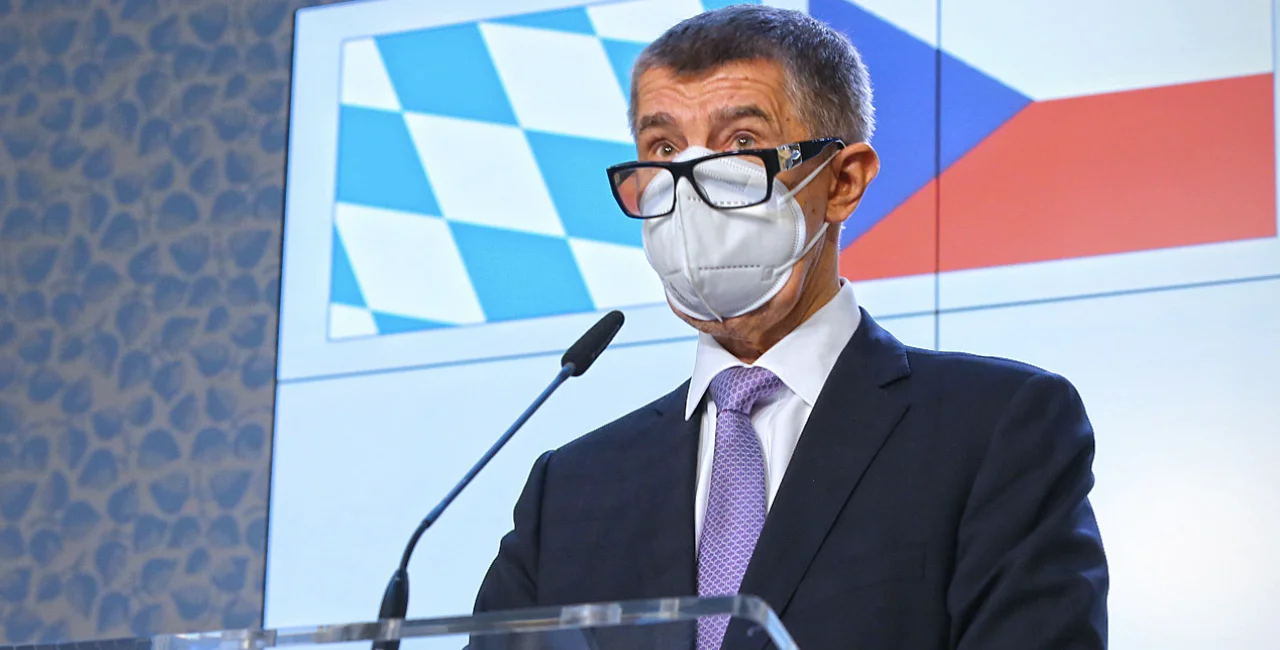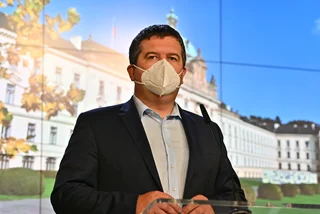The Chamber of Deputies agreed to extend the current state of emergency by 11 days, until Dec. 23.
The cabinet of ANO and CSSD had wanted another 30 days, but the communist party, KSČM, proposed a lesser number, and in the end joined with the minority government to push through the vote. The cabinet will decide on a further extension of the state of emergency Thursday morning.
This is the third time the Chamber of Deputies has had to vote on an extension to the state of emergency the government has put in place to combat the COVID-19 pandemic. At the end of October, the lower house agreed to extend the state of emergency by 17 days and in the second half of November by 22 days.
In the spring, the state of emergency in the Czech Republic lasted 66 days, with the new extension, the current one will total 79 days.
According to Prime Minister Andrej Babiš (ANO), the extension of the state of emergency until January 11, which was requested by the government, is necessary due to nationwide measures against the coronavirus pandemic. The goal is not to repress the population, but to protect it, the prime minister told deputies today.
According to him, the current situation, with a slight increase in the number of patients with COVID-19 and the number of deaths from coronavirus, will probably not change until Christmas. Babiš accused the opposition of wanting to cause chaos by refusing to prolong the state of emergency and endangering the lives of citizens.
"When you say that we do not need an emergency, you endanger lives. If it does not continue, it is chaos, it is a catastrophe, it is a threat to lives," Babiš said. According to him, the government is doing its utmost to protect citizens. "I do not understand why politics is done here," he said in the House. He also told the opposition that it did not suggest what the government should do, but only criticized everything.
According to ODS chairman Petr Fiala, the prime minister did not understand the criticism of the government's actions. According to Fiala, the matter is not that there will be either a state of emergency or chaos. According to him, the government has enough options to maintain anti-coronavirus measures even without a state of emergency.
Babiš warned that the number of infected would increase. "The numbers are likely to rise. It is assumed that this will not change by Christmas, and we will see if it will be reflected in the occupancy of hospitals," said the Prime Minister.
"None of us or any of us want an emergency," Babiš said. According to him, it is necessary to prevent the number of infected from increasing uncontrollably. Only comprehensive measures, before a coronavirus vaccine is available can prevent this.
In this context, the PM warned against misinformation and refusal to vaccinate against coronavirus. According to Babiš, the vaccine is the only solution to manage the epidemic. "Vaccination is better than sitting at home for months," he added.
MEPs have now launched an amendment to the law, which increases fines for violating anti-coronavirus restrictions. According to the amendment, individuals could be fined up to CZK 50,000 instead of the current CZK 20,000 for violating anti-coronavirus restrictions.
At the same time, the draft imposes an obligation on entrepreneurs and companies to comply with government restrictions on business activities under the threat of up to CZK 3 million in fines. There is currently no legal basis for imposing fines for violating these restrictions.












 Reading time: 3 minutes
Reading time: 3 minutes 




























